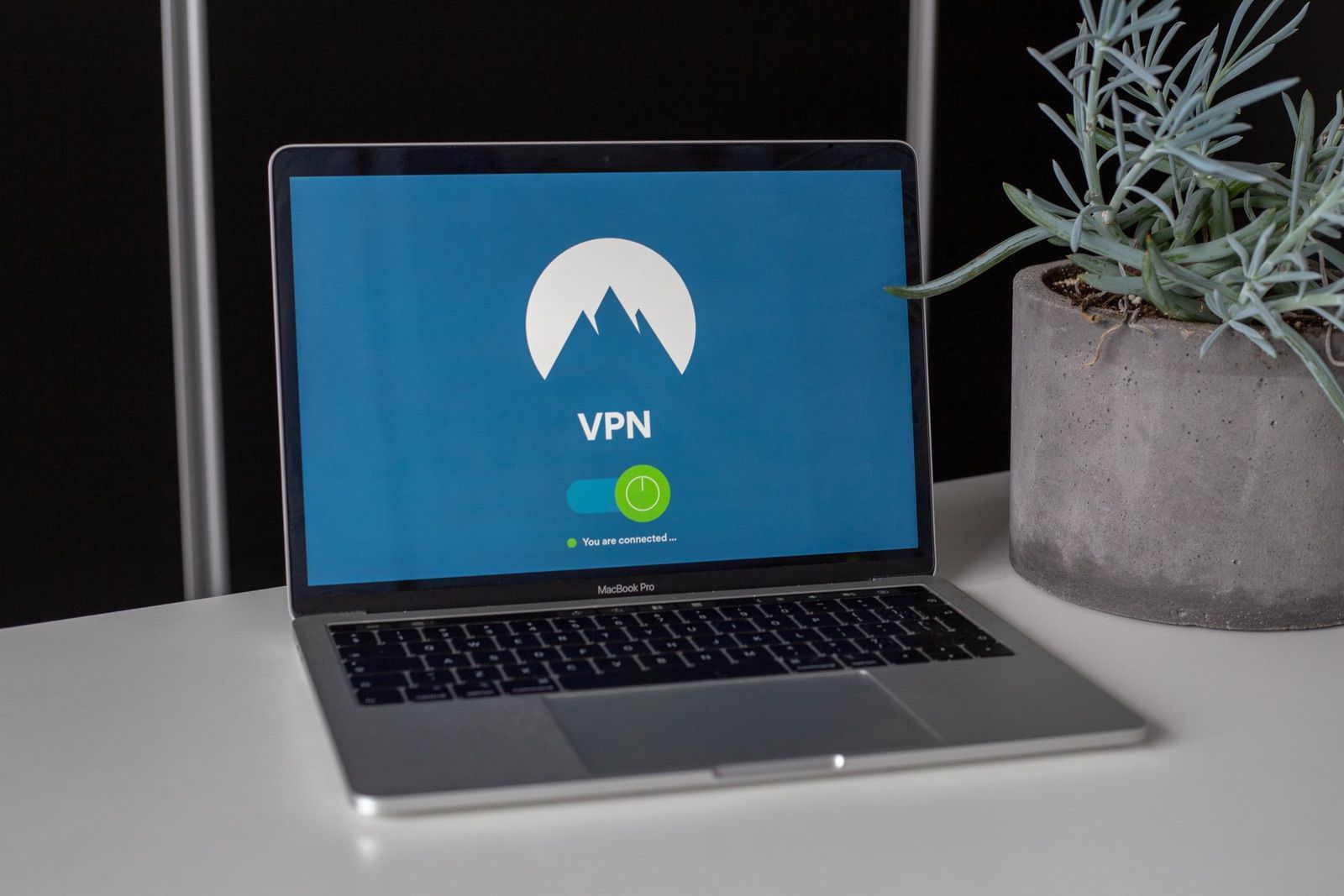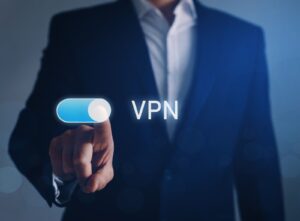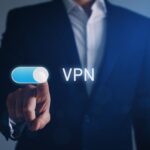If you’re worried about your internet service provider (ISP) finding out that you’re using a VPN, you’re not alone. It’s a common concern, but there’s both good news and bad news. First off, let me start by saying that this is not a danger to most home users.
Introduction
The main reason that people use a VPN is for privacy, specifically to make it harder for ISPs (and others) to track where they go online. One way an ISP could theoretically tell that you were using a VPN is by looking at how much data you’re sending through the network—and then comparing it to your normal usage. If there’s a noticeable difference, they might be able to guess that there’s some encryption (and possibly VPN data) involved.
However, there are other methods—notably “deep packet inspection” (DPI)—that ISPs use for this type of surveillance. DPI is mostly used by ISPs to scan and log the websites and internet locations that are accessed by their users that rely on the ISP’s DNS servers. Since most VPNs provide their DNS servers, this becomes a non-issue for most of the users who use VPNs.

Special VPN Deal
Get VPN protection from NordVPN, one of the most reliable VPN companies in the world, for just $3.99/month!
Using obfuscated servers to hide VPN traffic
If you’re using a VPN to hide your web activity from your ISP, you may want to consider using an obfuscated server.
Obfuscated servers are specially configured to disguise your VPN traffic as regular web traffic, making it more difficult for your ISP to detect and block.
Of course, using an obfuscated server will not guarantee that your ISP won’t be able to detect and block your VPN traffic. But it can make it more difficult for them to do so, and it may be worth considering if you’re worried about your ISP blocking your VPN.
While connecting through an obfuscated server may be a good security measure for some, it can also have some drawbacks. One such drawback is that using an obfuscated server can slow down your internet connection. This is because the extra layer of security that is added by the obfuscation process takes time and resources to execute.
Additionally, many obfuscated servers are not as reliable as regular servers, so you may experience more connection errors when using one.
However, if you are faced with the choice between a slow connection that keeps your personal information safe or a fast connection that leaves your personal information vulnerable, I would always choose the slower connection.
Think about it – would you rather have a secure internet connection that sometimes takes a little longer to load pages or an unsecured internet connection that loads quickly but leaves your personal information exposed? I know which one I would pick every time.
Of course, there are some cases where you may not have a choice, and you may need to use an unsecured Wi-Fi network. However, if at all possible, I recommend using a secure connection whenever possible.

Can my ISP see when I use a VPN?
It’s true that your internet service provider has more insight into what you do than anyone else on the internet, but it’s difficult for them to tell whether you’re using a virtual private network or not.
They can tell when you connect to a VPN server and when your traffic exits the VPN tunnel on another end, but apart from that, it just looks like normal encrypted traffic flowing through their network.
Many internet insiders recommend that everyone use a VPN whenever possible simply for this reason – ISPs can’t tell what you’re doing, so they can’t throttle your speeds or block you from accessing certain sites.
Can I hide my VPN from my ISP?
If you are using a VPN, your ISP knows, unless you are using an obfuscated server to connect to the internet. This is because when you connect to a VPN, your traffic first goes to the VPN server and then is routed to its final destination. Because of this, your ISP can see that you are using a VPN, but it cannot see what you are doing while you are connected to the VPN.
In most cases, you should not be worried if your ISP knows about your VPN usage.
This is because most VPNs encrypt your traffic, which means that your ISP cannot see what you are doing while you are connected to the VPN.
However, there are some exceptions. For example, if you are using a VPN to connect to a website that is blocked by your ISP, your ISP will likely know that you are using a VPN.

Special VPN Deal
Get VPN protection from NordVPN, one of the most reliable VPN companies in the world, for just $3.99/month!
Is it legal for my internet service provider to log and analyze my connection?
Most internet service providers (ISPs) in the United States log and analyze their customers’ internet usage data. This practice is generally legal, although there are some important exceptions.
For example, certain ISP providers are subject to certain federal laws that protect customer privacy. Additionally, some state laws also provide privacy protections for customers of ISPs.
Typically, though, your ISP is within its rights to log and analyze your internet usage data. This data can be used for a variety of purposes, including marketing and advertising. If you’re concerned about your ISP logging and analyzing your data, you may want to consider using a VPN service. A VPN encrypts your internet traffic and can help to protect your privacy.

Will the ISP object if you use a VPN?
If using a VPN in your country is legal, and there are many countries where this is true, then your ISP should have no reason to object to using a VPN.
Moreover, ISPs generally don’t object to the use of VPNs, as long as you’re not abusing the service. For example, if you’re using a VPN to access content that’s only available in other countries, your ISP may object. Additionally, if you’re using a VPN to download large files or participate in Peer-to-Peer file sharing, your ISP may object.
Largely speaking, using a VPN should not pose any problems for ISPs. There is no need to worry excessively about it.
Can an ISP see or monitor VPN traffic?
Your ISP (Internet Service Provider) can see some of the traffic that passes through their network, but they cannot see all of it. This is because VPN (Virtual Private Network) traffic is encrypted, meaning that your ISP can only see that you are connected to a VPN server and not what you are doing while you are connected.
So, while your ISP can see that you are using a VPN, they cannot see what you are doing while you are connected to the VPN. This allows you to browse the internet and use applications privately and securely, without your ISP being able to snoop on your activities.

Is my internet service provider able to track my use of the VPN?
ISPs can see that you are using a VPN, but they cannot see what you are using it for. This is because VPNs encrypt your traffic, which means that your ISP can only see that you are connecting to a VPN server.
They cannot see what sites you are visiting or what you are doing online. This is why VPNs are a great way to keep your online activity private from your ISP.
Does a VPN prevent an ISP from seeing a person’s search history?
If you’re looking for a way to keep your search history private from your ISP, you may be wondering if a VPN can help. A VPN, or virtual private network, encrypts your internet traffic and routes it through a server in another location. This can help to keep your search history private, as your ISP would only be able to see that you’re connecting to a VPN server and not what you’re doing beyond that.
Of course, there are other ways to keep your search history private from your ISP. You could use a private search engine like DuckDuckGo, which doesn’t track your searches. Or you could use a browser extension like Privacy Badger, which blocks trackers and analytics scripts that could be used to collect your search data.
Ultimately, the best way to keep your search history private is to not search for things that you wouldn’t want your ISP to know about in the first place. But if you need a little extra privacy, a VPN can help.

Special VPN Deal
Get VPN protection from NordVPN, one of the most reliable VPN companies in the world, for just $3.99/month!
Are phone companies tracking my online activity and browsing history?
Everything that I shared with you regarding your ISP applies 100% to phone companies as well. In a sense, they are an internet service provider on the go for you, when you are using your cellular network to access the internet.
Is hiding my IP with a VPN enough for online privacy?
When it comes to online privacy, there are many steps you can take to protect yourself. One of the most important things you can do is to hide your IP address with a VPN. This will help to keep your online activity private and will make it more difficult for others to track your movements online.
However, a VPN is not a silver bullet. There are still other steps you need to take to ensure your online privacy, such as using a secure web browser and avoiding phishing scams. But if you use a VPN and take other precautions, you can help to keep your online activity private and secure.
Conclusion
In conclusion, it is possible to hide your VPN from your internet service provider, but in most cases, it is not necessary. However, in countries where VPNs are banned, it is essential to take steps to hide your VPN to access the internet freely. To learn more about how to hide your VPN, please visit our website.









